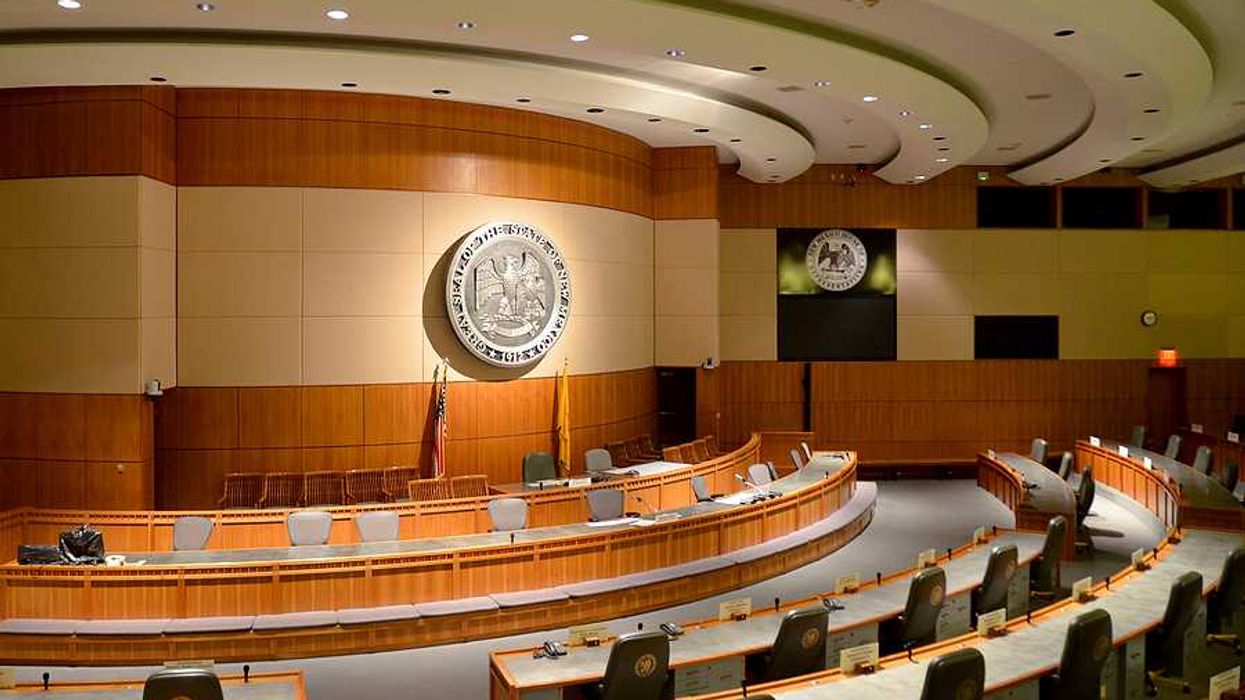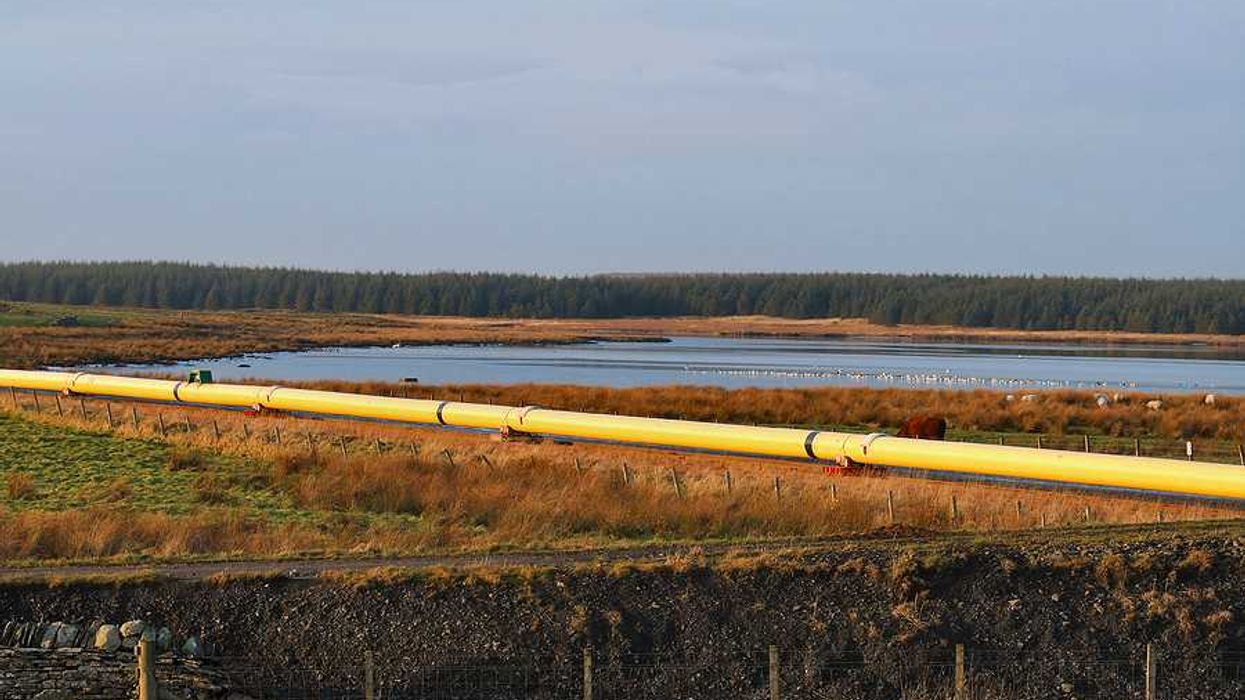The U.S. Environmental Protection Agency’s decision to downgrade the cancer risk of a long-regulated pesticide, based on industry-funded research, is raising alarms among scientists and environmental advocates.
Liza Gross reports for Inside Climate News.
In short:
- The EPA reclassified the pesticide 1,3-D as unlikely to cause cancer, despite earlier studies labeling it a probable carcinogen.
- The agency based its decision on research funded by Dow AgroSciences, raising concerns about conflicts of interest.
- Critics argue that this move endangers public health, especially in agricultural communities exposed to high levels of the pesticide.
Key quote:
“They are all industry consultants and will tell you, ‘Oh, no, we just follow the science', but if they don’t say things that make industry happy, guess what? They’re not going to get hired to do the next job.’”
— Linda Birnbaum, world-renowned toxicologist
Why this matters:
Industry-funded scientists, whose paychecks come from the pesticide's manufacturer, are being positioned as authorities in a debate that could have real consequences for public health and the environment. When the experts advising regulators are financially tied to the companies they're supposed to be scrutinizing, can we really trust the conclusions? Read more: On the frontlines of pesticide exposure.














